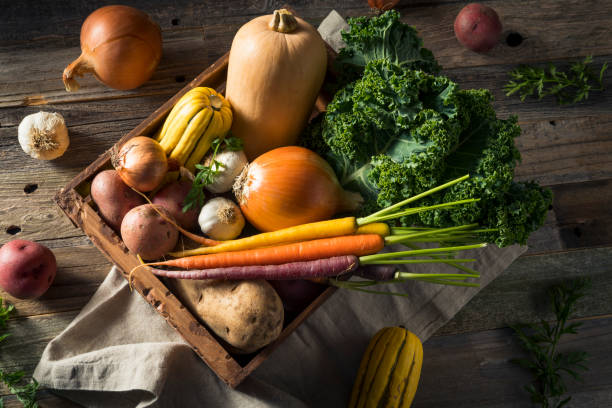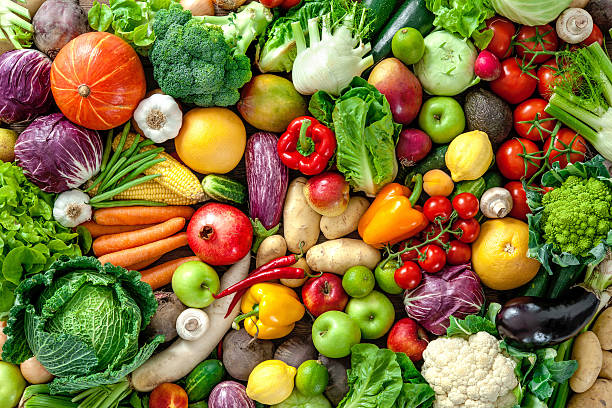Vegetables are an essential part of a healthy diet and provide a wide range of nutritional benefits. They are low in calories and fat, and high in vitamins, minerals, and fiber. Vegetables also contain phytochemicals, which are beneficial plant compounds that help protect against disease.
One of the most important nutritional benefits of vegetables is their high vitamin content. Many vegetables are rich in vitamins A, C, and K, as well as folate and potassium. Vitamin A is important for vision and immune function, vitamin C is an antioxidant that helps protect cells from damage, and vitamin K is necessary for blood clotting. Folate is important for cell growth and development, and potassium helps regulate blood pressure.
In addition to vitamins, vegetables are also a good source of minerals, including iron, calcium, and magnesium. Iron is necessary for the production of hemoglobin, which carries oxygen in the blood, and calcium is important for strong bones and teeth. Magnesium is involved in many bodily processes, including muscle and nerve function, blood pressure regulation, and blood sugar control.
Fiber is another important nutrient found in vegetables. It helps keep the digestive system healthy and promotes regular bowel movements. Fiber also helps lower cholesterol levels and can help control blood sugar levels in people with diabetes.
Another important nutrient in vegetables are phytochemicals. Phytochemicals are naturally occurring compounds found in plants that have been shown to have health-promoting properties. Some common phytochemicals found in vegetables include carotenoids, flavonoids, and indoles. Carotenoids are pigments that give fruits and vegetables their bright colors and are known to have antioxidant properties. Flavonoids are also antioxidants and have been shown to help protect against heart disease and certain cancers. Indoles are compounds that have been shown to help protect against breast cancer.
Eating a diet rich in vegetables can also help protect against certain diseases. Studies have shown that people who eat more vegetables have a lower risk of heart disease, stroke, and certain cancers, such as lung and stomach cancer. Vegetables are also beneficial for weight management because they are low in calories and high in fiber, which can help you feel full and satisfied.
In addition to the various health benefits, vegetables also play a vital role in maintaining a healthy weight. Vegetables are low in calories and high in fiber, which can help you feel full and satisfied. Eating a diet rich in vegetables can also help control blood sugar levels and reduce the risk of developing diabetes.
Eating a variety of vegetables is important for getting all the essential nutrients your body needs. Eating different colored vegetables will ensure you get a good mix of vitamins, minerals, and phytochemicals. It’s also important to choose vegetables that are fresh, in-season, and organically grown whenever possible to get the most nutritional value.
To ensure you are getting the most nutritional value from your vegetables, it’s best to eat them raw or lightly cooked. Cooking vegetables can cause them to lose some of their vitamins and minerals. Boiling vegetables can also cause them to lose some of their nutrients. Steaming, sautéing, or roasting are all good options for cooking vegetables.
In conclusion, vegetables are a vital part of a healthy diet and provide a wide range of nutritional benefits. They are low in calories and fat, high in vitamins, minerals, and fiber, and contain phytochemicals that help protect against disease. Eating a diet rich in vegetables can help protect against heart disease, stroke, and certain cancers, as well as aid in weight management. To ensure you are getting the most nutritional value from your vegetables, it’s important to eat a variety of them and choose fresh,

 Home
Home Health
Health Diet & Nutrition
Diet & Nutrition Living Well
Living Well More
More












